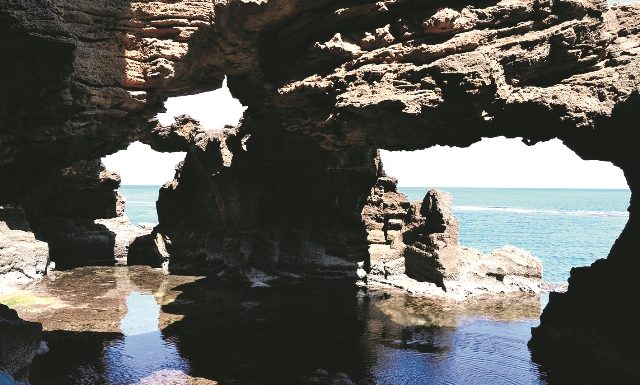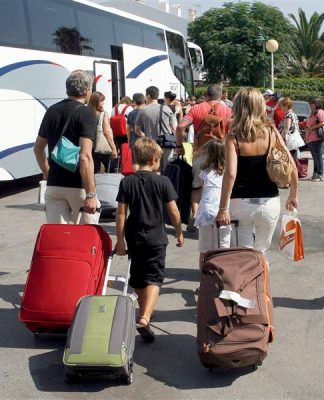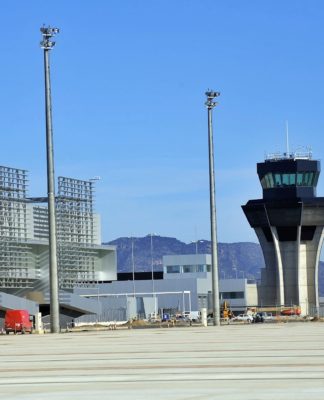Email
March 29
Last week I wrote that the world is now at the crossroads and many more radical decisions are likely to be needed by governments if civilisation, as we have known it, is to have any hope in the future. Any changes suggested will have a better chance of implementation if they are sold to the people – but what will the people know of the facts leading to the new policies?
At the moment the reaction to Covid-19 seems to range from ‘It’s all a hoax’ created by the press and social media, to many thousands of people grieving the loss of family members.
My personal reaction is that we may never know what it was that caused governments to impose the astounding emergency actions through which we are now living.
There was no secret about how close the world was to nuclear war at the time of the Cuba crisis but fingers have been on the button at other times (like in the Korean War) and it is only when the Official Secrets Act allows public access to the files that we may find out the facts.
Part of a government’s role is to prevent panic amongst the public and I suspect there is more to this story than we are allowed to know. Why else would global economies be decimated if they could be preserved at the cost of just a few thousand lives? Is the illness actually airborn? Can it morph into something even more diabolical?
Perhaps these things are best left to those in authority; but what of life ahead for those of us who survive the lockdown? Only time will tell how the following questions might be answered.
Will there be a continuing and meaningful investment in ‘vital services’ including public sector pay? (NHS workers may be understandably confused by having their salaries effectively frozen for years and then being applauded by the very people who had so undervalued their selfless efforts).
What has happened to crime statistics during the lockdown? Is it safe to assume that violent crime, other than domestic abuse, will have largely disappeared? Has the drug trade been able to survive without dealers supplying users openly outdoors? And are the burglars just staying at home? If all the answers here are in the affirmative, should we have a fortnight’s Lockdown Holiday every year?
Will the lockdown be shown to have strengthened or weakened family ties? Relationships are being truly tested, so should we expect the divorce rate to peak around next January? Or will there be a record number of babies sharing a birthday with Jesus?
Will there be a stampede back to places of worship or will some drift away from their faith? Past events suggest that when we don’t have the answers we turn to a higher source.
What can the leisure and holiday industries expect now that the public have discovered that there is life without Match of the Day and maybe that flight wasn’t so important after all?
Whichever way we go, our lives have now been changed. “Where were you when Kennedy was assassinated?” will be replaced by “Where were you during Lockdown?”. Our memories will be vivid but our view of the future will be limited by what we are allowed to know. Fortunately, we do all know that where there is life, there is hope.
Peter Adams



































